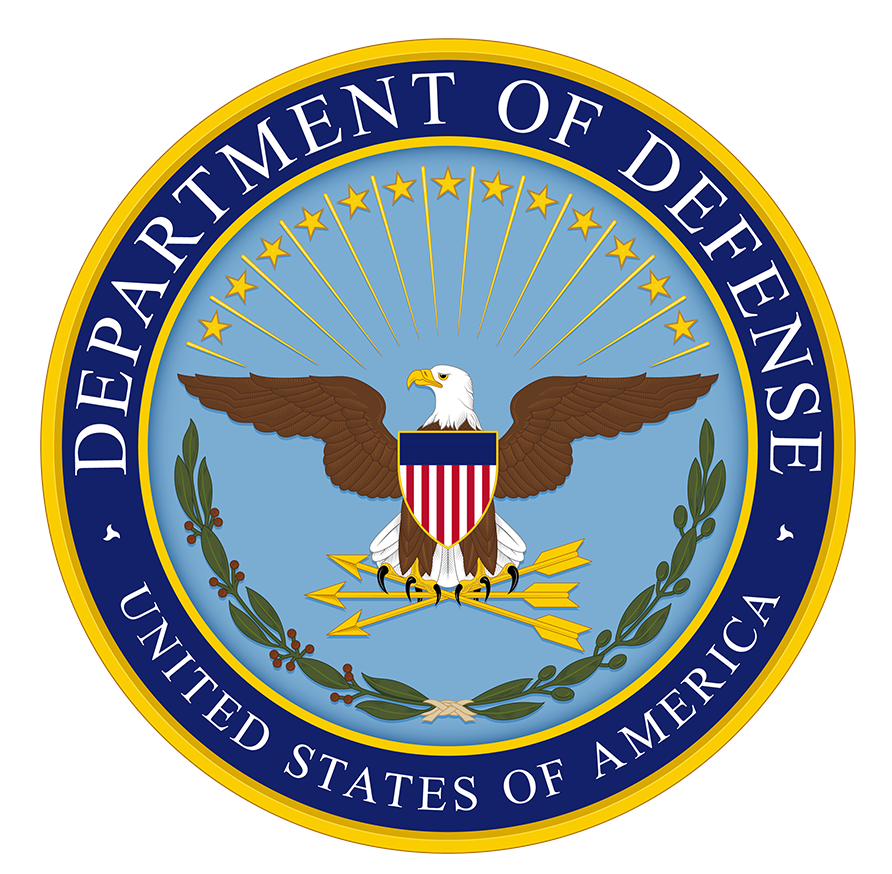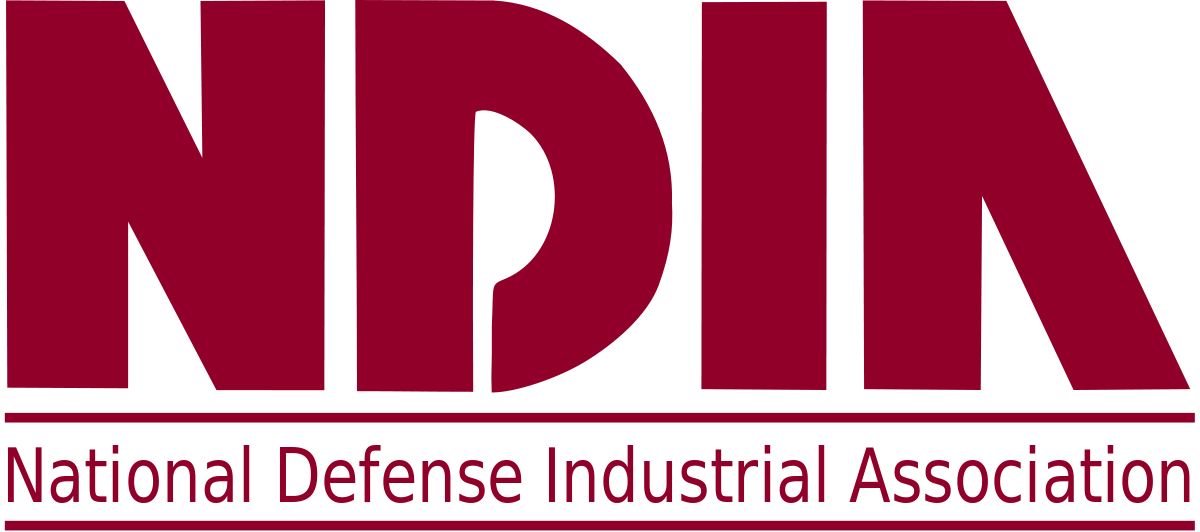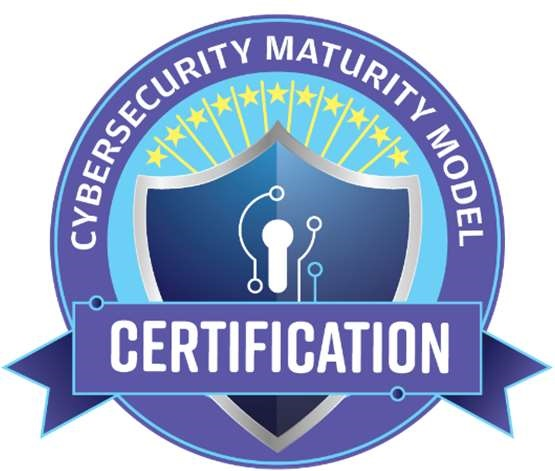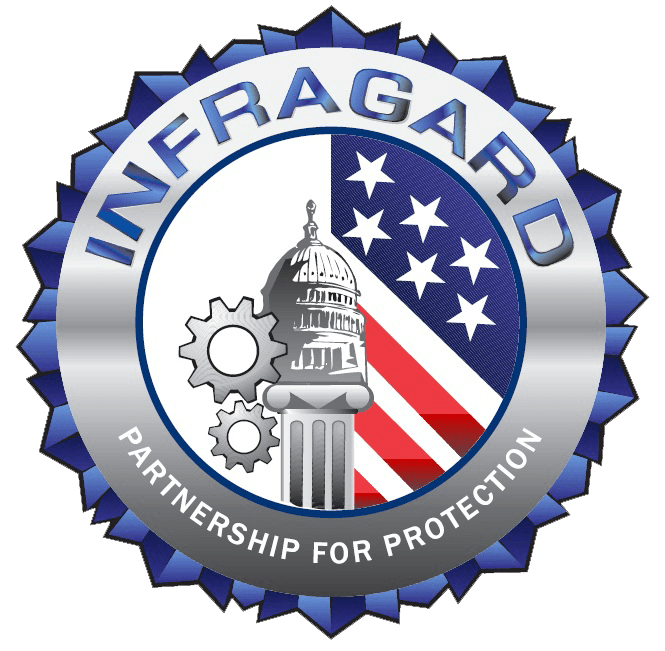If you’re a government contractor, you probably know that Controlled Unclassified Information (CUI) is information that is not classified under executive orders but requires safeguarding or dissemination controls. And you might also know that the primary purpose of CUI is to ensure that information requiring protection is consistently identified, marked, and managed, reducing the risk of unauthorized disclosure. But do you know all the intricacies of handling CUI? If you still have questions, we’ve compiled a quiz with 15 true or false statements.
Answer the following statements:
1. Statement: CUI is classified information.
Answer: False. CUI cannot be shared publicly; it must be protected according to the guidelines that specify who can access and disseminate it.
2. Statement: All organizations can freely access CUI without restrictions.
Answer: False. Access to CUI is restricted to authorized personnel only, and organizations must implement controls to protect this information.
3. Statement: CUI can include personally identifiable information (PII).
Answer: True. PII is considered a type of CUI because it requires protection to prevent identity theft and privacy violations.
4. Statement: There are specific marking requirements for CUI documents.
Answer: True. Documents containing CUI must be clearly marked with “Controlled Unclassified Information” or specific CUI designations to indicate the need for protection.
5. Statement: Mishandling CUI can lead to legal consequences.
Answer: True. Organizations that fail to protect CUI may face legal repercussions, including fines and loss of contracts, depending on the severity of the breach.
6. Statement: Only federal agencies deal with CUI.
Answer: False. While federal agencies primarily manage CUI, contractors and private organizations that handle sensitive government information must also comply with CUI regulations and safeguarding requirements.
7. Statement: CUI regulations require organizations to provide training to employees handling sensitive information.
Answer: True. Organizations are required to train employees on the proper handling and safeguarding of CUI to minimize risks of unauthorized disclosure.
8. Statement: CUI can be shared publicly if it’s labeled as such.
Answer: False. CUI cannot be shared publicly; it must be protected according to the guidelines that specify who can access and disseminate it.
9. Statement: CUI is governed by a specific set of federal regulations.
Answer: True. CUI is governed by the CUI program established by the National Archives and Records Administration (NARA) and follows federal regulations aimed at standardizing the handling of such information.
10. Statement: The protection of CUI is less critical than that of classified information.
Answer: False. While CUI is not classified, its protection is still critical because unauthorized disclosure can lead to significant risks, including threats to national security and individual privacy.
11. Statement: CUI can be stored in unencrypted digital formats.
Answer: False. CUI must be stored securely, often requiring encryption for digital formats to protect against unauthorized access and breaches.
12. Statement: There is a single, uniform CUI marking standard used by all federal agencies.
Answer: True. The CUI program provides a standardized marking framework that all federal agencies must follow to ensure consistency in identifying and protecting CUI.
13. Statement: Once information is designated as CUI, it remains so indefinitely.
Answer: False. The designation of CUI can be reviewed and may be removed if the information no longer requires protection under the CUI guidelines or if it becomes publicly available.
14. Statement: Organizations handling CUI must have a security plan in place.
Answer: True. Organizations are required to develop and implement a NIST SP 800-171 security plan that outlines measures for protecting CUI, including physical, technical, and administrative safeguards.
15. Statement: CUI includes information that is considered sensitive by private companies but is not government related.
Answer: False. CUI specifically pertains to sensitive information created or possessed by federal agencies or their contractors. While private companies may have sensitive data, it does not fall under the CUI framework unless it is related to government operations.
Keeping CUI Safe
In an age when data breaches are increasingly common, adhering to CUI guidelines is more crucial than ever in order to protect our national security. Organizations that successfully implement CUI policies not only protect sensitive information but also build trust with stakeholders, ensuring the integrity and security of their operations.
Learn how to protect CUI and the steps involved when you schedule a demo of Cuick Trac—a CUI enclave built to safeguard sensitive data.






